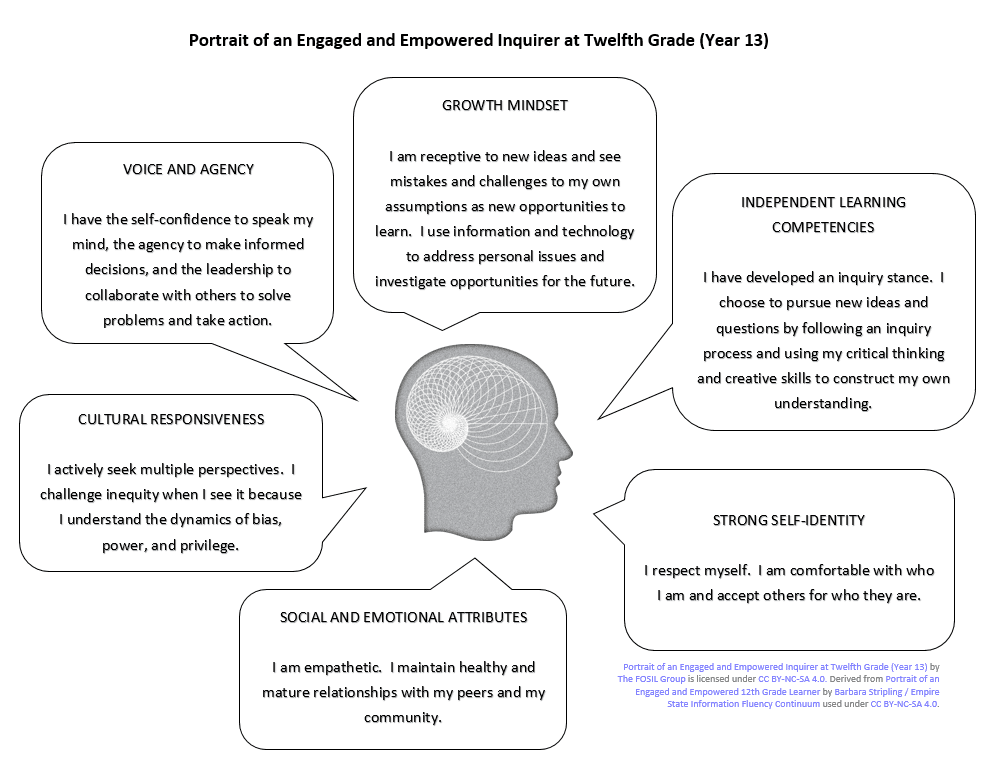Article | The School Librarian
Tags: ArticleJuly 1, 2022
FOSIL Group member Darryl Toerien continues his feature series – Between the Library and the Classroom: Becoming Integral to the Educational Process – for The School Librarian, the Quarterly Journal of the School Library Association.
—
The School Librarian, Volume 70, Number 3, Autumn 2022
This series addresses Jesse Shera’s charge that “academic librarians have never developed a theory of the role of the library in the student’s intellectual experience,” specifically in response to the “characteristic information needs of inquiry as a method of instruction and an environment for formalized learning.” Should we be tempted to shift responsibility for this to someone else, namely academic librarians, Blanche Woolls reminds us that, eventually, the only difference between an academic librarian and a school librarian is the time between a student leaving school and starting university. And, according to Kachel and Lance, this abiding ‘disconnect’ is likely a major contributor to the ongoing losses of school librarians, which are commonly justified on financial grounds.
Now, as Ruth Davies reminds us, when there is no ‘disconnect’ between the school library program and the school’s educational program – when the school library is integral to the educational process – then the school library program becomes an instructional source and force for excellence. Again, should we be tempted to shift responsibility for this to someone else, namely the school, she points out that “perspective in viewing the function and role of the school library…program begins logically by building a historical understanding of education itself.” This brings our situation, and task, into sharp focus.
To develop a theory of the school library in the student’s intellectual experience, necessary if the school library is to be(come) integral to the educational process, thereby strengthening us against financially justified cutbacks, we need to start by building our understanding of the educational process and then defining our role in it. This immediately pitches us into battle, because there are competing views on the educational process – which I have addressed in this series and elsewhere – and we must align ourselves, however the odds seem stacked, for us, or against us.
As it turns out, school librarians have made considerable progress on countering Shera’s charge. This work – underway since the 1960s, culminating in the most robust of the models of the inquiry-based learning process in the early 2000s, and ongoing – is reflected in the Portrait of an Engaged and Empowered Inquirer at Twelfth Grade (2022, see below). This portrait, developed by Barbara Stripling and Digital Lead Librarians in New York City, is a profound statement on the educational process from the perspective of a school library integral to that process – inquiry has this as its end and is the systematic and progressive means to this end – see FOSIL Group discussion for more detail.
The revolution will not be televised.

Login | Register or fill out the form below to comment as a guest


